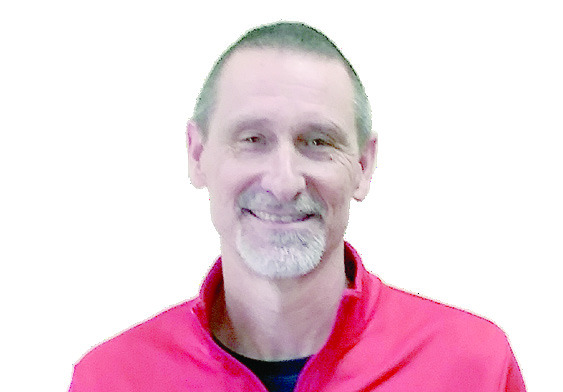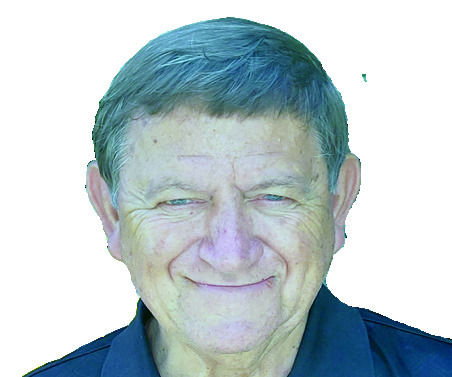Jeff Fugitt: Thoughts and prayers

As someone who studied religion in a state university, I am accustomed to hearing a wide variety of criticisms of Christians and Christianity.
Many of those criticisms have been well deserved by Christians, and some of the disagreements are understandable differences of perspective.
One particular critique that has always struck me as misguided, however, is when someone is criticized for offering “thoughts and prayers” to someone who has experienced a loss or some sort of tragedy. The assumption is implied that this is an excuse to avoid useful action.
What makes this ironic is that it is based in a clear lack of understanding of two things; the nature of prayer and the observable facts related to human assistance efforts.
Studies consistently have shown that religious practice makes people more inclined to help people in need, not less.
Prayer is an important part of that. For someone who thinks of prayer as magic, this may not make sense.
But, people who practice prayer as a conversation with God get it. Christianity is at its heart a call to follow Christ in the way of unselfish service. This is epitomized by Jesus’ cross.
Jesus’ call to be his disciple is a call to take up our crosses as well. This way of self-denial is not an easy path. It requires soul work to enable loving action.
Jesus consistently spent time in prayer. This appears to have been the primary preparation for his relentless work of teaching and healing. It is most clearly seen as he prayed in the garden the night of his arrest.
The key line from that night of prayer was this; “Not my will, but thine be done.” He left the garden strengthened for the trial ahead.
Prayer is the space where we wrestle with our own selfishness to align our will with God. Then, it is the space where we listen to God’s leading to discern our call to action. It is the source of assurance of God’s presence that empowers our efforts.
That leads to the second part of the issue. I do not think it is coincidence that when you participate in typical humanitarian efforts most of the people you encounter are praying people.
This is true on large scale relief efforts and it is true on the block where you live.
Many of the humanitarian institutions we take for granted today were birthed in compliance to the sense of God’s leading by praying people.
I do not want to give the impression that it is only Christians who do good in the world. There are many examples to the contrary, and we can all be thankful for them.
I am simply suggesting that if those who are tempted to criticize someone else for sending thoughts and prayers would pray instead, they might discover more motivation to do something constructive.
That is how prayer works.
Jeff Fugitt is the pastor of Cassville United Methodist Church, located at 601 Gravel Street in Cassville. He may be reached at 417-847-2328 or [email protected].






